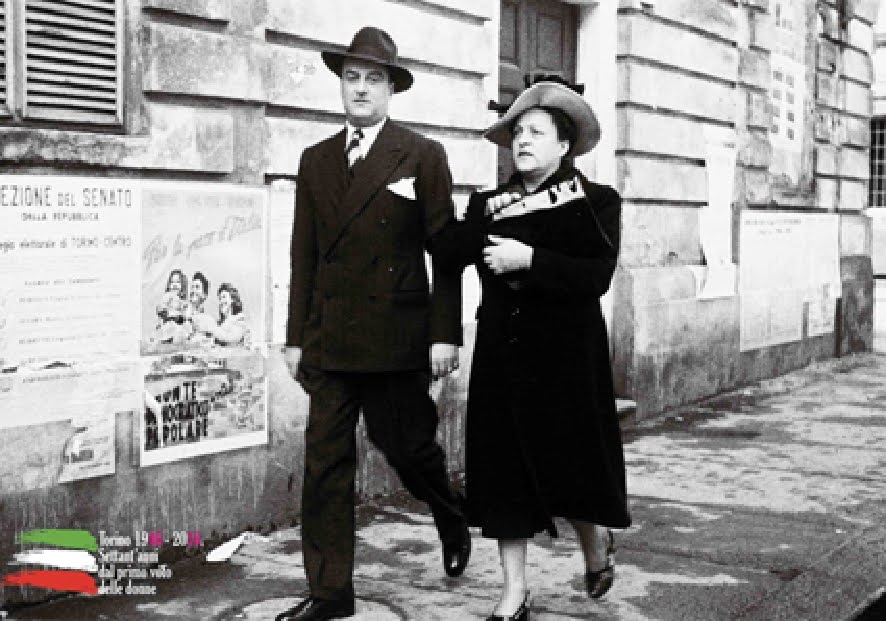El 2 de junio de 1946: las mujeres italianas votan por primera vez
2 June 1946: Italian women vote for the first time.
2 June 1946 is a significant date in Italian history. On that day, the Italian people were asked in a referendum to choose between monarchy and republic, which laid the foundations for our Constitution. However, this date also has profound significance in relation to the role of women in Italian society. For the first time, Italian women were able to exercise their right to vote, participating in both the referendum and the elections to the Constituent Assembly.
Women’s suffrage in Italy was the result of a long and difficult journey. The struggle for women’s political rights began in the 19th century, but it was only after the Second World War — and thanks to women’s active participation in the Resistance — that the conditions were right for their full rights as citizens to be recognised. Legislative Decree No. 23 of 1 February 1945 finally enshrined women’s right to vote, and the subsequent decree of 10 March 1946 made them eligible to stand for election. Consequently, on 2 June 1946, over twelve million women voted to decide on the form of government and elect the 556 members of the Constituent Assembly.
Not only was women’s participation in this historic event large, it was also characterised by enthusiasm and awareness. Contemporary accounts describe queues at polling stations and an atmosphere of excitement and pride. Many women who voted on 2 June 1946 wore their best clothes and were clearly moved. Some had walked for miles; others had brought their children with them. For many women, the right to vote represented formal recognition and redemption after centuries of exclusion from political life. It also marked the beginning of a new era in which women would gradually gain ground and rights, despite facing difficulties and resistance.
The 21 women elected to the Constituent Assembly had different experiences and perspectives — they were anti-fascists, Catholics, communists and socialists — but they were all united by a commitment to drafting a constitution that would enshrine equality and dignity for all. The names of Nilde Iotti, Teresa Mattei, Lina Merlin and Rita Montagnana remain etched in the collective memory thanks to their contribution to the drafting of key articles such as Article 3, which affirms equality before the law regardless of sex.
2 June 1946 was therefore a decisive moment, both institutionally and socially and culturally. Having made a decisive contribution to the Resistance and the reconstruction of the country, Italian women finally saw their right to participate in democratic life recognised. Since then, the road to equality has not been without obstacles, but the 1946 vote represented an essential starting point.
This theme is also explored in Paola Cortellesi’s recent film C’è ancora domani (There is still tomorrow), which presents an intense and moving reflection on the role of women in post-war Italian society on the big screen. Through the story of an ordinary woman played by Cortellesi herself, the film recounts the daily struggles of many Italian women who were forced to live with domestic oppression and social discrimination. However, it also portrays their courage and determination to effect change. C’è ancora domani successfully conveys the tension of that historical moment and the significance of women’s suffrage, addressing not only the political dimension, but also the personal and intimate lives of women who finally saw their worth acknowledged. Cortellesi’s narration helps keep the memory of that era alive, demonstrating how important it is to defend and consolidate the rights that have been won.

Today, almost eighty years after 2 June, the memory of that day remains a pillar of our democracy. Celebrating 2 June means remembering not only the birth of the Republic but also paying tribute to the courageous and determined women who paved the way for a fairer and more inclusive society. Their legacy reminds us of that participation, equality and rights are not definitive achievements but require the ongoing commitment and responsibility of everyone.



